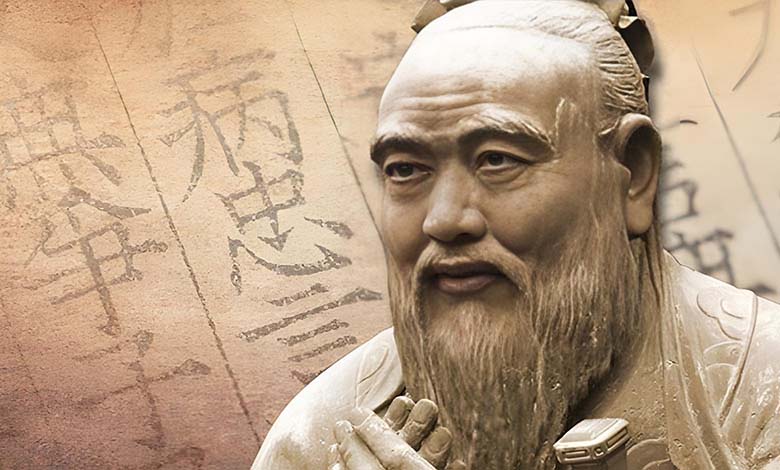Monsters of History: When Blood Writes the Glory of Leaders

In their time, some were seen as heroes, while others were regarded as savage tyrants — judged according to the ink that documented them and the eyes that observed them.
-
The Technological Revolution and Irregular Warfare: Why is China Surpassing the U.S.?
-
A Nuclear-Proof Facility Ten Times Bigger Than the Pentagon… Discover China’s “Fortress”
But as time flows and emotional proximity to events fades, facts shed their subjectivity, allowing for a more realistic evaluation. History ultimately agrees on the existence of human “monsters” who ruled peoples around the world with iron and fire.
Some leaders throughout history excelled in using exceptionally brutal methods to achieve domination, suppress opposition, and solidify their control.
The site listed many of history’s most ruthless rulers, including both men and women who showed no mercy during their reigns. Here are the most notable:
-
Decoding China’s Enigmatic Fighter Jet: A Triple-Power Revolution in the Sky
-
“The White Emperor”: Discover China’s Revolutionary Sixth-Generation Fighter
Qin Shi Huang
Also known as Qin Shi Huangdi, he unified China in 221 BC and ruled as the first emperor of the Qin Dynasty.
Haunted by fear of intellectuals, especially those with opposing views, he ordered their execution and the burning of their books. In some cases, he even killed their families to prevent the spread of dissenting ideas.
-
The Ukrainian crisis through the lens of China… “This is the only solution”
-
China seeks mediation role to halt Gaza War
During his reign, the Great Wall of China was built. It’s said that many workers died under suspicious circumstances and were thrown off cliffs for minor mistakes.
He also castrated foreign captives to “distinguish them and make them his slaves,” according to Hong Kong University President Shun Chu.
Gaius Julius Caesar Augustus Germanicus
Better known as Caligula, he began his rule as a just leader and enjoyed great popularity, especially after freeing many citizens unjustly imprisoned.
But everything changed after a serious illness. Just days after recovering, he launched a brutal crackdown on political rivals, ordering mass executions.
-
Despite China’s penetration.. Why has the American strategy become important?
-
China denies Houthi claims about signing an oil exploration agreement
He forced the public to witness the executions of their loved ones, and those who failed to attend were added to the list of the condemned.
Roman historian Suetonius described him not only as a despotic bloodthirsty ruler but also as incestuous with his sisters, whose bodies he sold to other men. He even appointed his horse as a priest, then as a god of life.
Such a reign inevitably multiplied his enemies. He was eventually assassinated by his own guards, who stabbed him 30 times in his bedchamber.
Attila the Hun
He began his rule in blood, murdering his brother to seize control of the Hunnic Empire from 434 to 453 AD.
Driven by ambitions to expand his empire, he led his forces across modern-day Germany, Russia, Ukraine, and the Balkans, killing anyone who opposed him.
Bloodshed became rampant during his reign, and even those close to him feared for their lives, fleeing one after another. He became one of the most terrifying leaders in the Roman Empire.
His bloody rule ended after his defeat at the Battle of Chalons and his death in early 453.
-
Italy warns against Tunisia falling into the hands of Russia and China
-
China, Morocco enhance economic cooperation under Belt and Road Initiative
Wu Zetian
She became empress of China at just 14 years old. Despite her youth, she ruled with merciless cruelty, ordering death or exile for anyone who dared criticize her — even her own relatives.
Despite her harsh policies, the empire expanded significantly under her rule, and her forces controlled large parts of the Korean Peninsula.
However, for her people — who craved safety more than expansion — life was lived in constant fear. Wu’s reign is remembered as one of the most horrific periods in the empire’s history.












